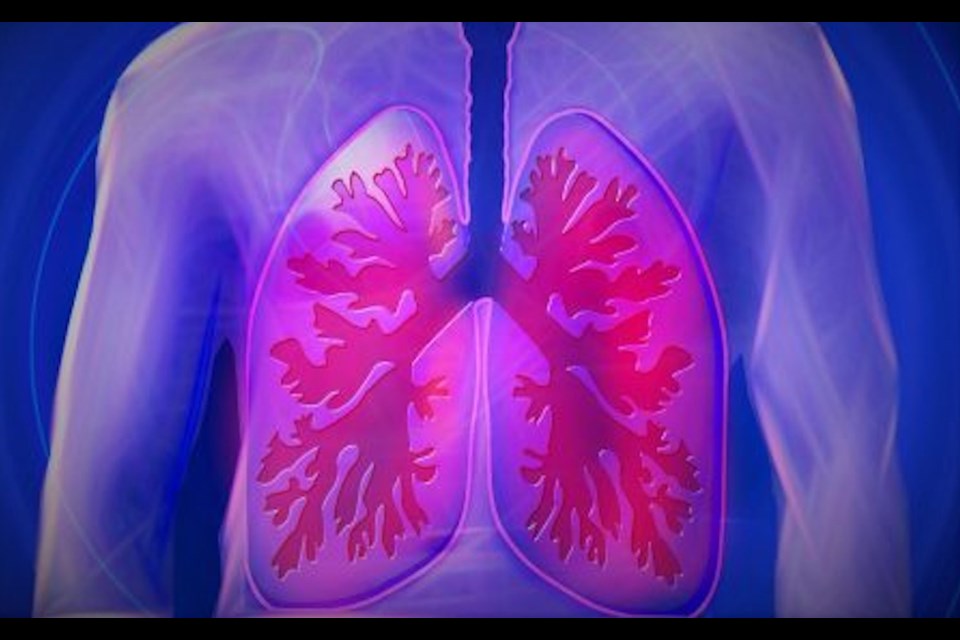Shortness of breath is often a tell-tale symptom of a failing heart. But medical thought had been bogged down when it came to understanding what causes that laboured breathing. It appears the source of the problem is in the brain.
For about seven years, University of Guelph professor Jeremy Simpson, along with his talented graduate students and collaborator Keith Brunt of Dalhousie University, have been working on the science to prove the theory that the shortness of breath in heart failure cases stems from hormonal activity in the brain. The work initially was funded by the Canadian Lung Association.
Findings proving the theory have just been published in Science Translational Medicine.
In an interview, Simpson said he is confident those finding will lead to improved health outcomes for heart patients.
Heart failure has a number of causes, he said, including high blood pressure, heart attack, and infection. No matter what the cause, loss of breath, known clinically as dyspnea, is the primary symptom sufferers complain about, and the reason most will seek medical attention.
“They don’t know they have heart disease, they can’t tell in any way, other that they are out of breath all of the time,” he said.
People experiencing heart failure, who had been able to play a round of golf with no trouble, find they have to sit down after a couple of holes. Others find they can’t keep up with their grandchildren due to a shortness of breath, Simpson said. Daily tasks like going for groceries and climbing stairs become very challenging.
Treating dyspnea hormonally could improve the quality of life of those patients, allow them to function more normally, and enable them to get the exercise they need in order to heal, he said.
“They are exercise intolerant and breathless,” he said. “We’ve known for decades that heart failure patients are breathless, but we never really knew why. Generally, we just said it was a side-effect of the disease and there wasn’t anything we could do to directly treat it.”
Over a number of years, Simpson, a professor in U of G’s Department of Human Health and Nutritional Sciences, was able to make the link between shortness of breath in heart failure and a hormonal imbalance in the brains of laboratory mice.
The brain was long overlooked as the source because it is a long way from the heart. Treatment focused on the heart and blood vessels, and ignored the respiratory system. It was simply believed that one side-effect of heart failure was a buildup of fluid in the lungs.
But the brain communicates with the diaphragm. The researchers measured the benefits of using already available hormone-suppressing drugs that can effect the part of the brain that controls respiration. Those benefits were significant.
In mice it was found that heart failure lead to the overworking of the diaphragm. With prior knowledge that specific hormones, norepinephrine and angiotensin, are at higher levels in heart failure patients, the researchers discovered that the two hormones indirectly affect the operation of the diaphragm.
The hormones get into the brain and signal it to speed up, overtaxing the diaphragm and weakening it. Suppressing the hormones can prevent that outcome.
“We don’t have to wait for years and decades for new medicine,” he said. “The drugs are already available.”
Exercise is critical for heart failure patients, he said. The more exercise, the better. Alleviating shortness of breath encourages physical activity and speeds healing.
“If we could treat the dyspnea, patients are going to experience a better quality of life and be able to participate in daily activities they were struggling to do before,” he added. “They are going to enjoy life more.”
He said it was only through collaboration with his graduate students, along with the availability of essential research funding from government and organizations, that the important work was able to progress.
